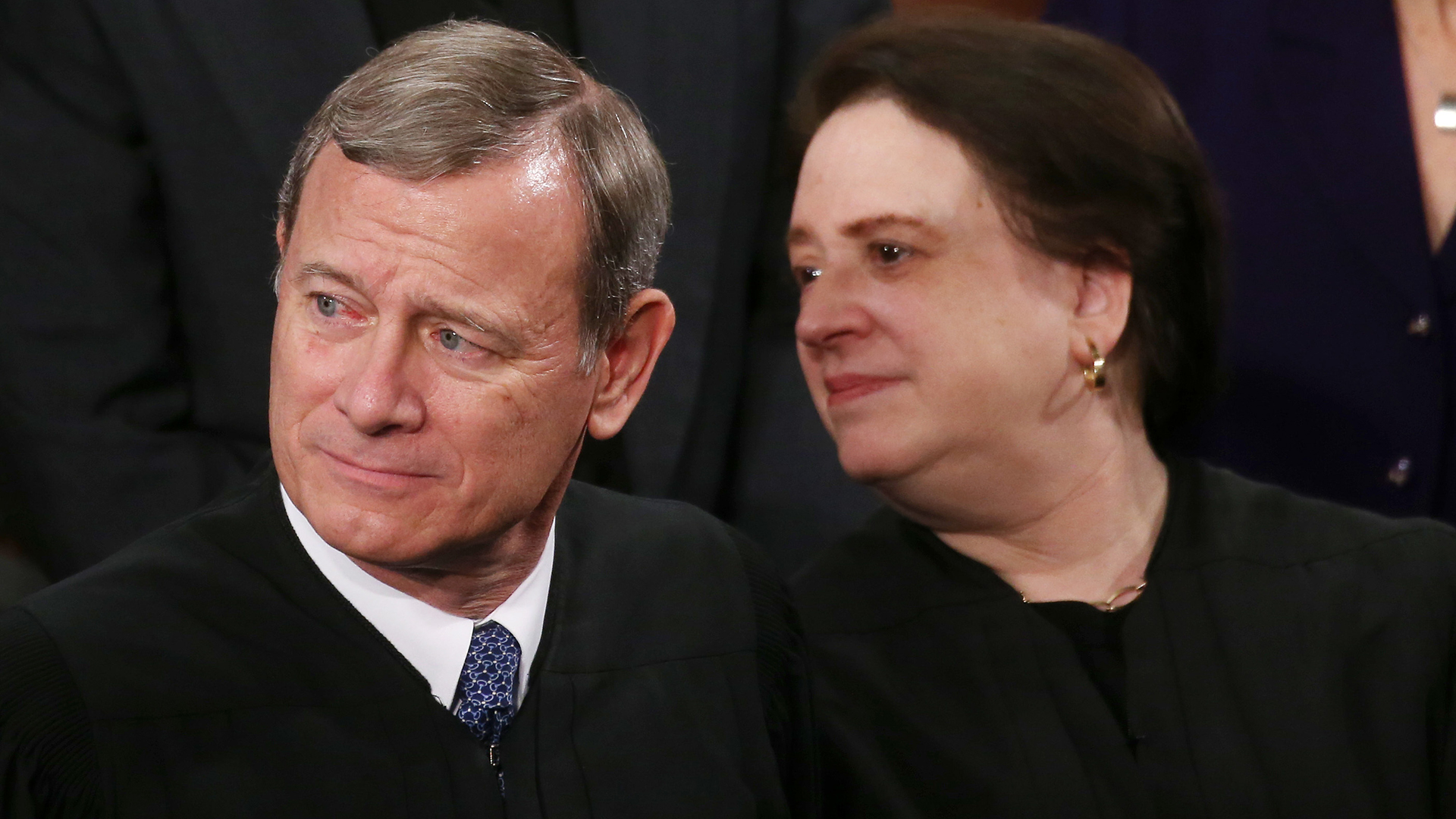OPINION: This article may contain commentary which reflects the author's opinion.
Supreme Court Chief Justice John Roberts has issued an order that would allow the state of Indiana to enforce its law that requires parental notification for a minor to obtain an abortion.
The order came on Monday for the law that was passed in 2017 but blocked by lower courts, NBC News reported.
Indiana asked the lower courts to reconsider the stay after the Supreme Court ended Roe V Wade abortion protections in June.
The Seventh Circuit Court of appeals said it had to wait for formal notice of the Supreme Court’s ruling on Roe V Wade, which NBC News said would normally be given around July 25, before it could take action.
But last week Indiana requested that the Supreme Court issue an immediate order as blocking the law was harmful to the state’s interests.
“Delay would only serve to prevent enforcement of a duly enacted state statute designed to protect minors, families, and the unborn,” the attorneys for the state of Indiana said in a filing with the court, NBC News reported.
Indiana Attorney General Todd Rokita celebrated the court’s decision in June in a press release.
“Following the landmark Dobbs decision, we eagerly anticipate clearer paths for Indiana’s commonsense laws protecting unborn children and their mothers,” he said. “We are grateful for the new day that has dawned, and we will remain steadfast in our fight for life.”
“This issue — part of Kristina Box, Commissioner, Indiana Department of Health, et al., v. Planned Parenthood of Indiana and Kentucky Inc. — now has been remanded back to the 7th U.S. Circuit Court of Appeals for reconsideration following the U.S. Supreme Court’s decision last week in Dobbs v. Jackson Women’s Health Organization,” the press release said.
“Attorney General Rokita and his team already have sought relief from the injunction directly from the U.S. district court, which has expedited briefing at our request,” it said.
On Monday, Chief Justice John Roberts issued a brief order granting the state’s request to transmit the judgment immediately.
The law requires patients under 18 years old to notify a parent or guardian to get an abortion unless a patient gets authority from a juvenile court that it would be in the minor’s best interests to get the procedure without parental notification.
The state petitioned Justice Amy Coney Barrett, the Justice who is assigned to its circuit, but because she was part of the Seventh Circuit when the case was pending the case was given to Chief Justice Roberts.
Nearly two months after someone leaked a draft decision overturning Roe v. Wade, the U.S. Supreme Court has provided an update on the unprecedented lapse in trust and security.
The decision, which was made official on Friday, did indeed stick pretty close to the original leaked draft, authored by Justice Samuel Alito and published by POLITICO.
But the identity of the leaker — or leakers — is still a mystery.
Shortly after the May 2 leak, Chief Justice John Roberts ordered the marshal of the court to probe the incident and find out who was responsible for it. At the time, Roberts said the intent of the leak was to “undermine the integrity of our operations.”
“It will not succeed,” he pledged.
And true to that declaration, the decision did not change; the same justices who supported it in February, when Justice Samuel Alito wrote the majority opinion, signed on to the official decision.
Roberts disagreed with overturning Roe but upholding the Dobbs portion of the decision involving a Mississippi law banning abortions after 15 weeks, then and on Friday.
But the leaker’s identity is still unknown, at least to the general public.
